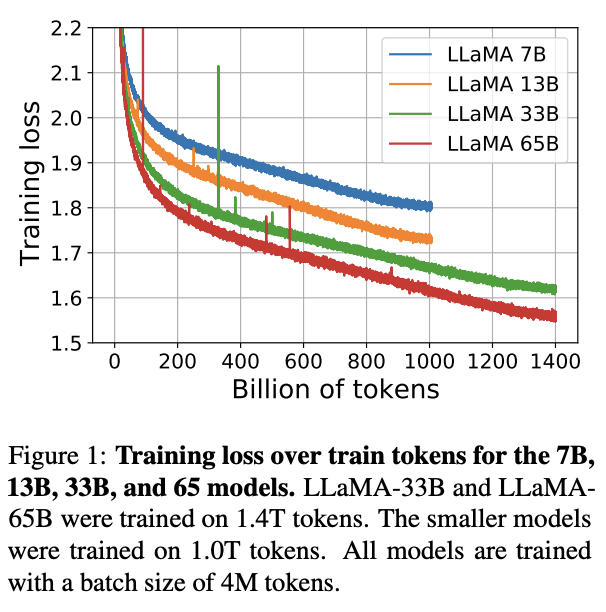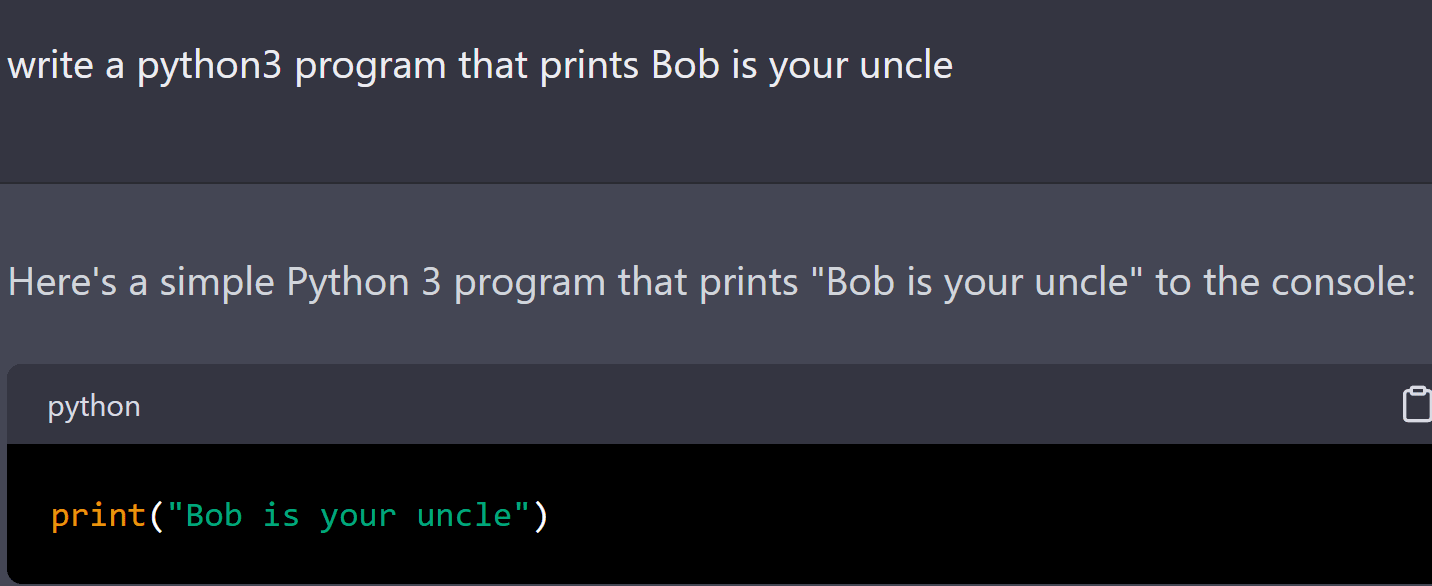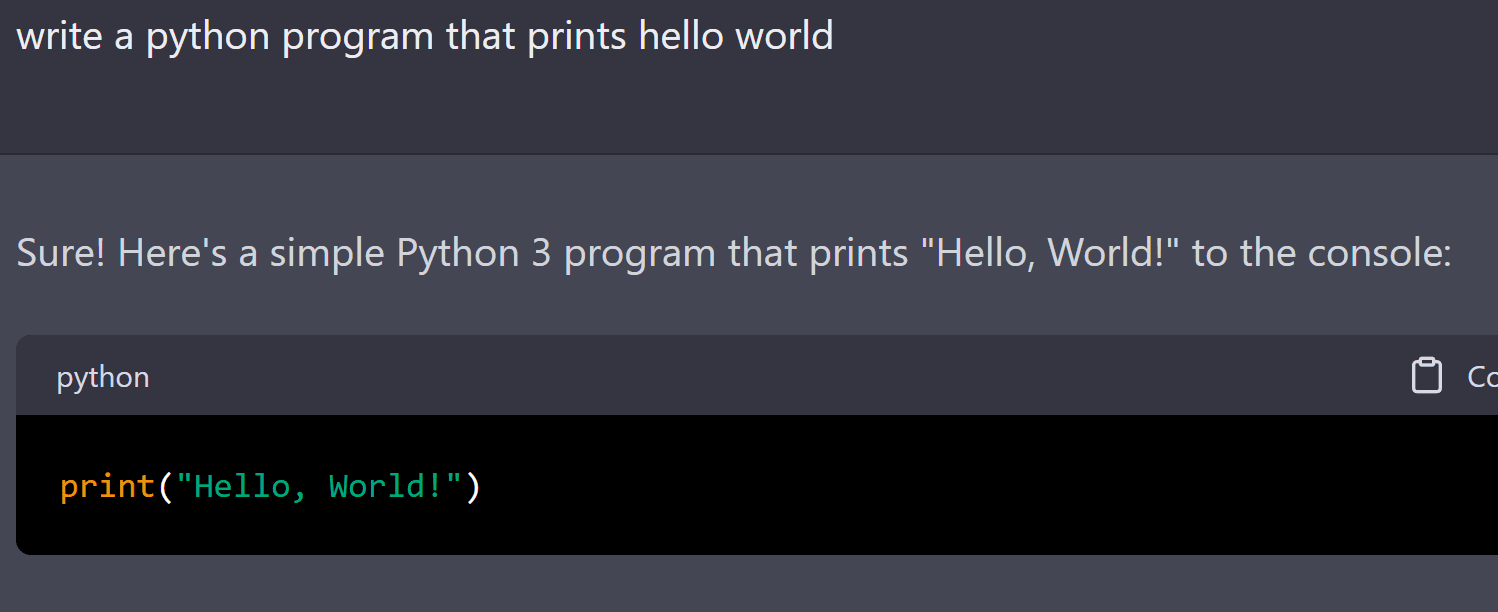As the title says, Meta trained 4 foundational models with 7B, 13B, 33B, and 65B parameters respectively, and is open sourcing them for research.[1] You can get their code on their Github repo: https://github.com/facebookresearch/llama but you need to fill in a Google form to get the weights. 
On downstream benchmarks, the models do comparably well with Chinchilla and PaLM and only a bit worse than Flan-PaLM-540B and code-davinci-002/text-davinci-002. (The authors don't evaluate on those models, but you can look at their performance from other work such as Stanford's HELM or Chung, Hou, Longpre et al's "Scaling Instruction-Finetuned Language Models".
Abstract:
We introduce LLaMA, a collection of foundation language models ranging from 7B to 65B parameters. We train our models on trillions of tokens, and show that it is possible to train state-of-the-art models using publicly available datasets exclusively, without resorting to proprietary and inaccessible datasets. In particular, LLaMA-13B outperforms GPT-3 (175B) on most benchmarks, and LLaMA-65B is competitive with the best models, Chinchilla70B and PaLM-540B. We release all our models to the research community.
Twitter thread from authors: https://twitter.com/GuillaumeLample/status/1629151231800115202
Eliezer guesses that the model won't be impressive in practice:
I blindly guess, could be wrong, that this model will turn out sufficiently unimpressive in practice that nobody uses it for much. Basically based on a guess that more than benchmarks matter, and Meta has no people competent to do the tricky stuff needed to stay on current edge.
- ^
It's not necessarily open source as you think of it -- you need to fill in a Google form, and then they might give it to you:
In order to download the checkpoints and tokenizer, fill this google form
The license is intended only for non-commercial, research work:
Meta grants you a non-exclusive, worldwide, non-transferable, non-sublicensable, revocable, royalty free and limited license under Meta’s copyright interests to reproduce, distribute, and create derivative works of the Software solely for your non-commercial research purposes.


Just a note, I googled a bit and couldn't find anything regarding poor OPT-175B performance.